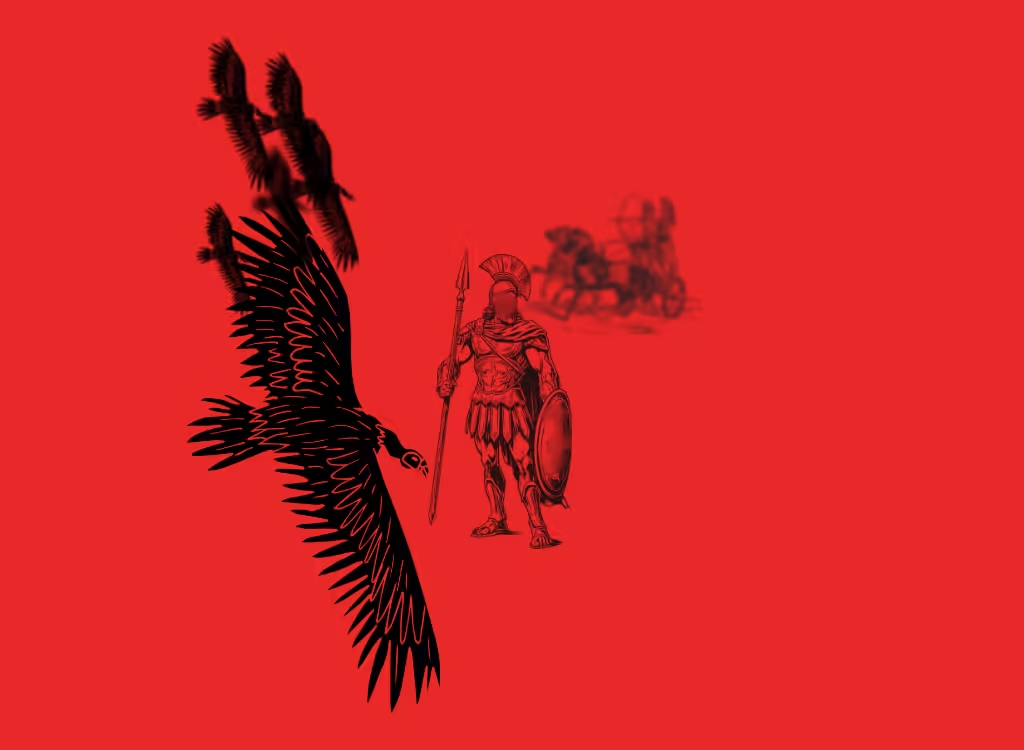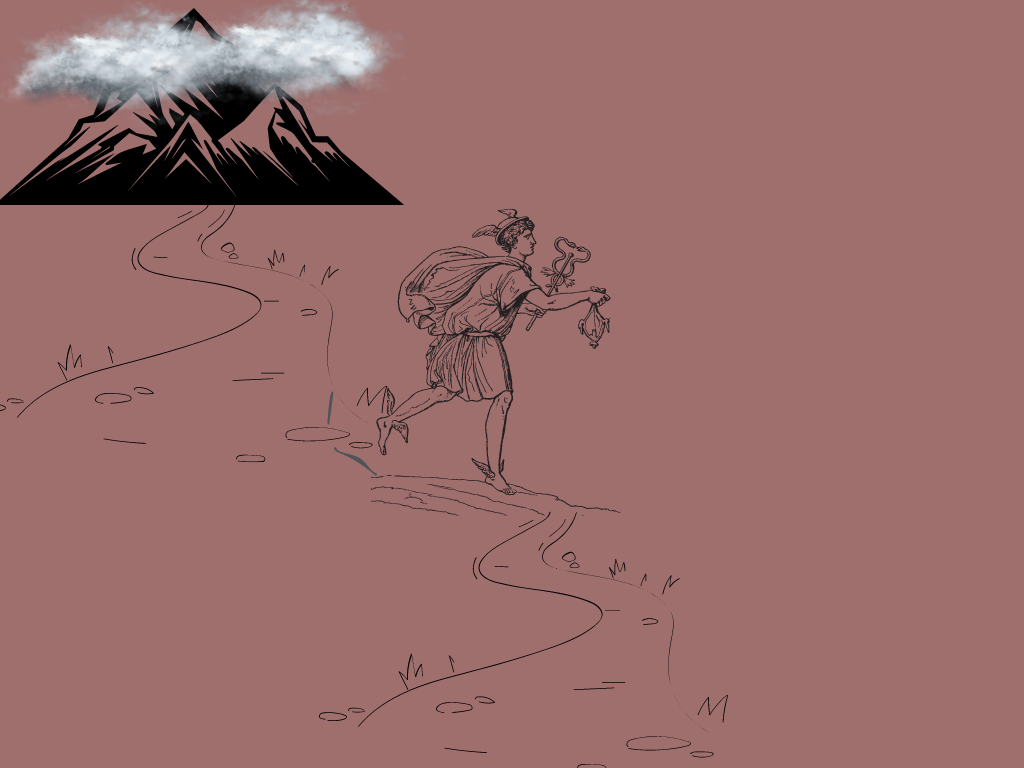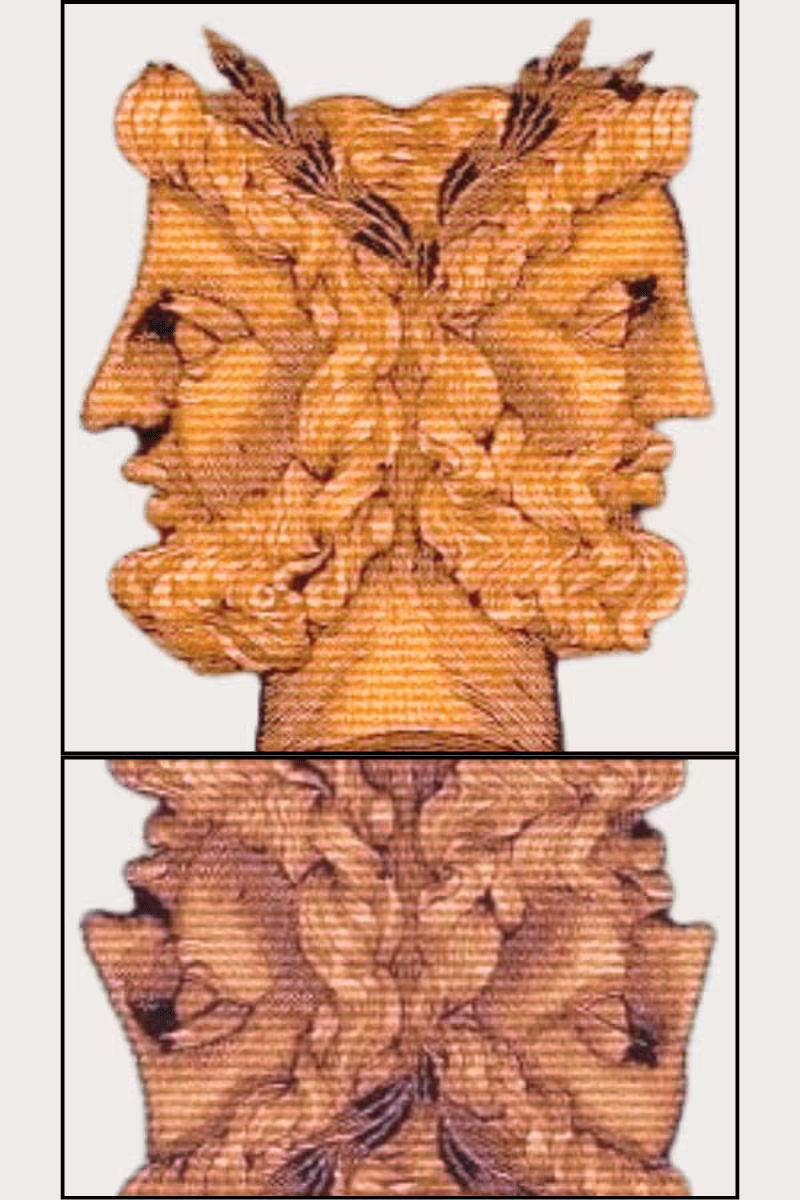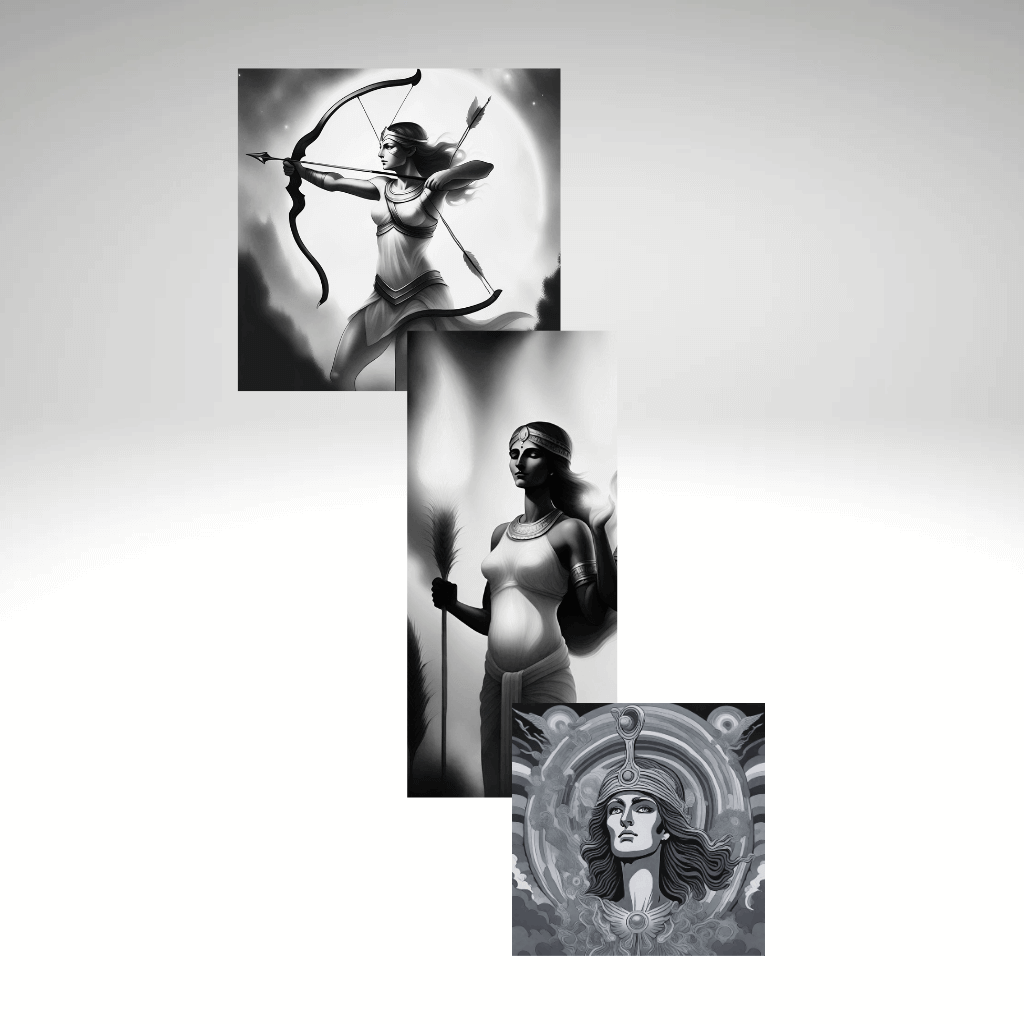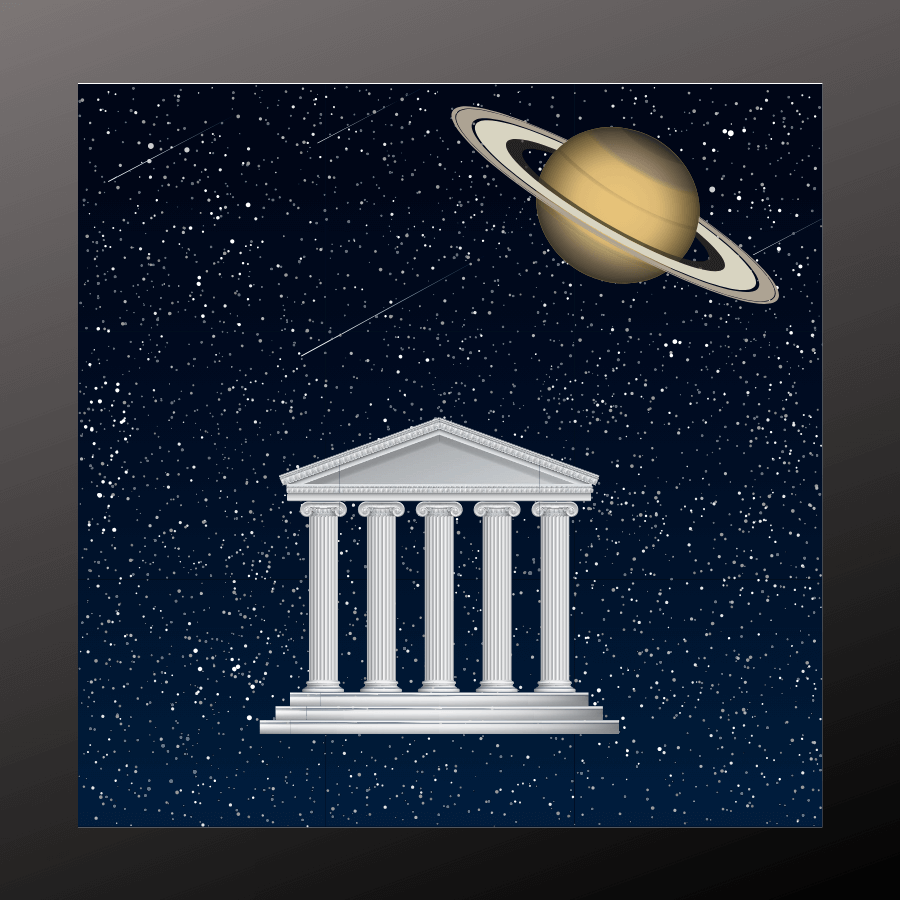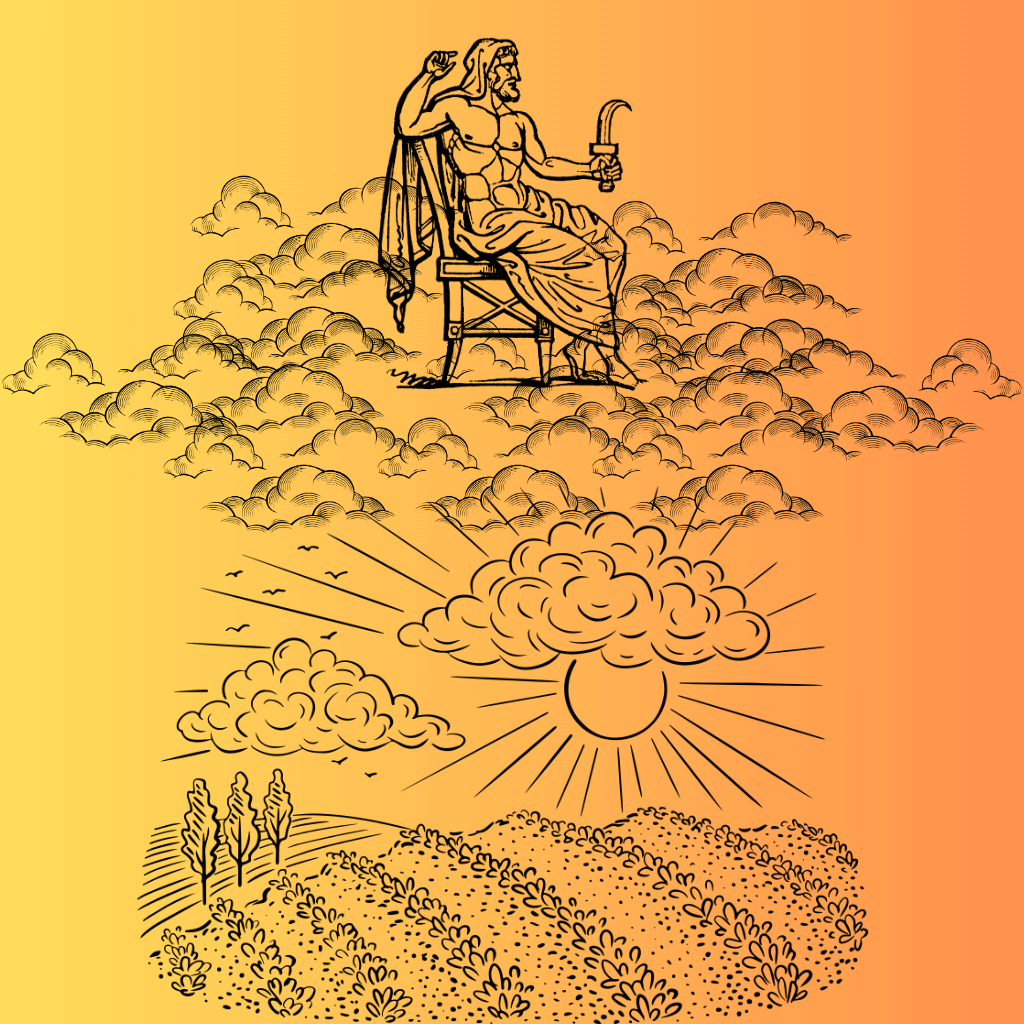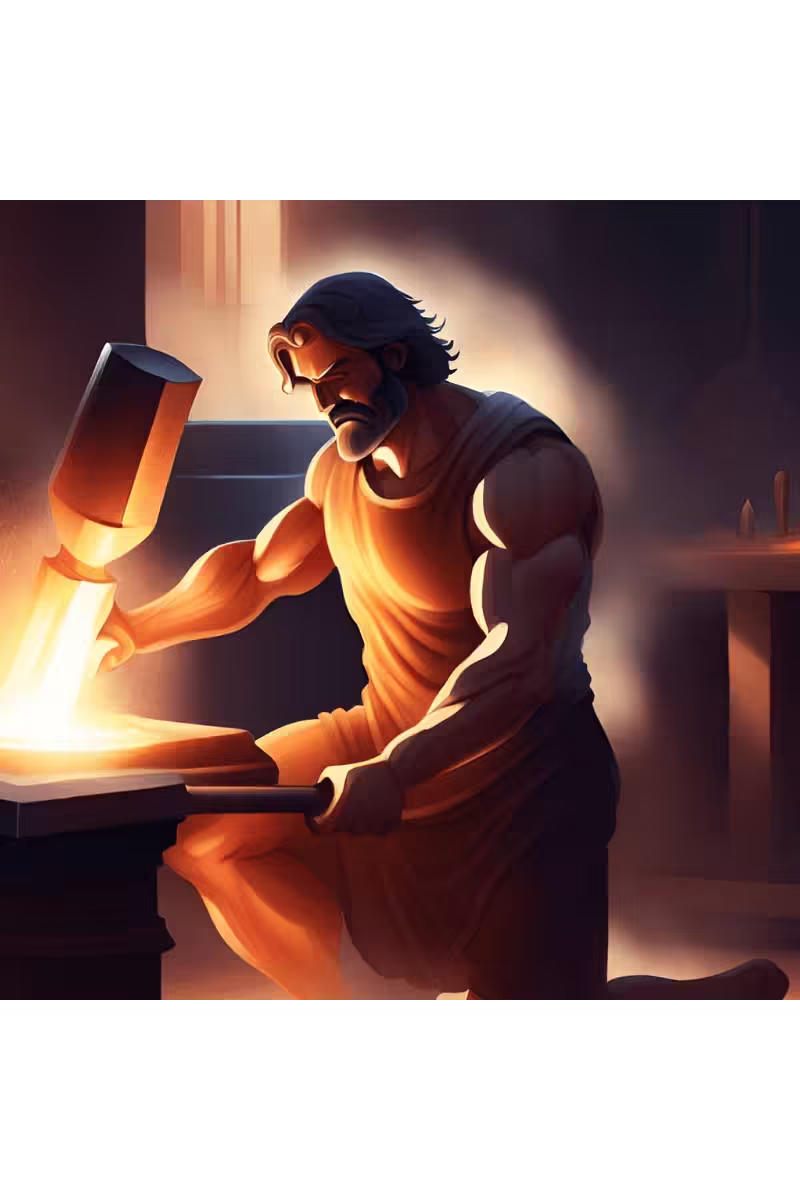
Hephaestus in Greek Mythology; the God of Fire and Iron, The Artisan Deity
In Greek mythology, the god Hephaestus (Hephaistos) is the son of Zeus and Hera, renowned as the god of creative fire, sacred weapons, and craftsmanship.
While Hephaestus is generally accepted as the son of Zeus and Hera, some myths suggest that he is solely the son of Hera. According to this myth, angered by Zeus’s solo birth of Athena, the goddess Hera gave birth to the Greek god of iron by herself.
One of his extraordinary roles in ancient Greek mythology was crafting wonders of exceptional beauty and functionality. He not only produced incredibly crafted weapons for gods and goddesses but also presented useful and exquisitely beautiful items, including splendid palaces on Mount Olympus.
Despite being an intelligent, talented, and generous god, Hephaestus was visually unappealing and lame.
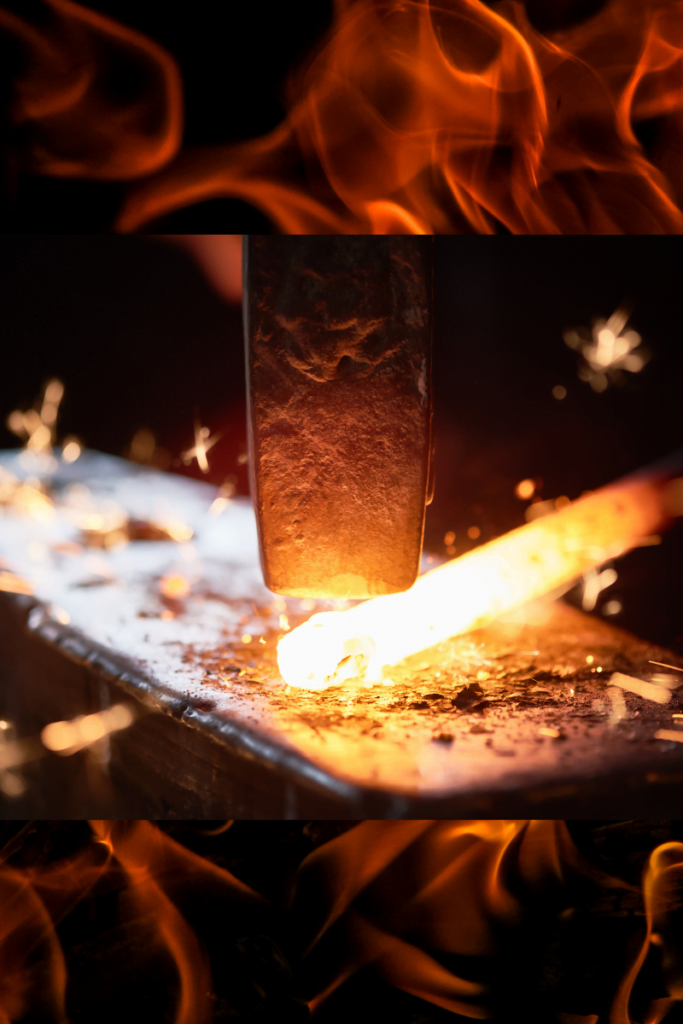
Various myths explain his lameness. In the Iliad, it is told that when his parents quarreled, he sided with Hera. In response, Zeus threw him off Mount Olympus. He fell for a day and eventually landed on the island of Lemnos. Found and healed by the Sintians, his leg remained lame despite their efforts.
“Thus Vulcan spoke: and rising with a bound,
The double bowl with sparkling nectar crown’d, Which held to Juno in a cheerful way,
“Goddess (he cried), be patient and obey.
Dear as you are, if Jove his arm extend,
I can but grieve, unable to defend
What god so daring in your aid to move,
Or lift his hand against the force of Jove?
Once in your cause I felt his matchless might, Hurl’d headlong down from the ethereal height;
Toss’d all the day in rapid circles round,
Nor till the sun descended touch’d the ground. Breathless I fell, in giddy motion lost;
The Sinthians raised me on the Lemnian coast”
The Illiad/ Homer /Book 1
In another part of the Iliad, Hephaestus tells a different version of the story. According to him, ashamed of her son’s ugliness and lameness, Hera threw him from the sky. He was found and raised by Eurynome and Thetis. He stayed with them for nine years, learning and developing his skills.
Return to Olympus for Hephaestus
According to the stories, his first creation was a golden throne for his mother Hera, intending to punish her for her bad behavior. He presented this magnificent throne to Hera himself, adjusting it in such a way that whoever sat on it could not move or rise again. Hera, enamored with the throne’s splendor and craftsmanship, sat on it but found herself unable to move. Despite the pleas and efforts of other gods and goddesses to help her, he ignored them. Finally, Dionysus approached him, inviting him to drink together. In their intoxicated state, Dionysus learned how to break the throne’s function from Hephaestus, resolving the issue.
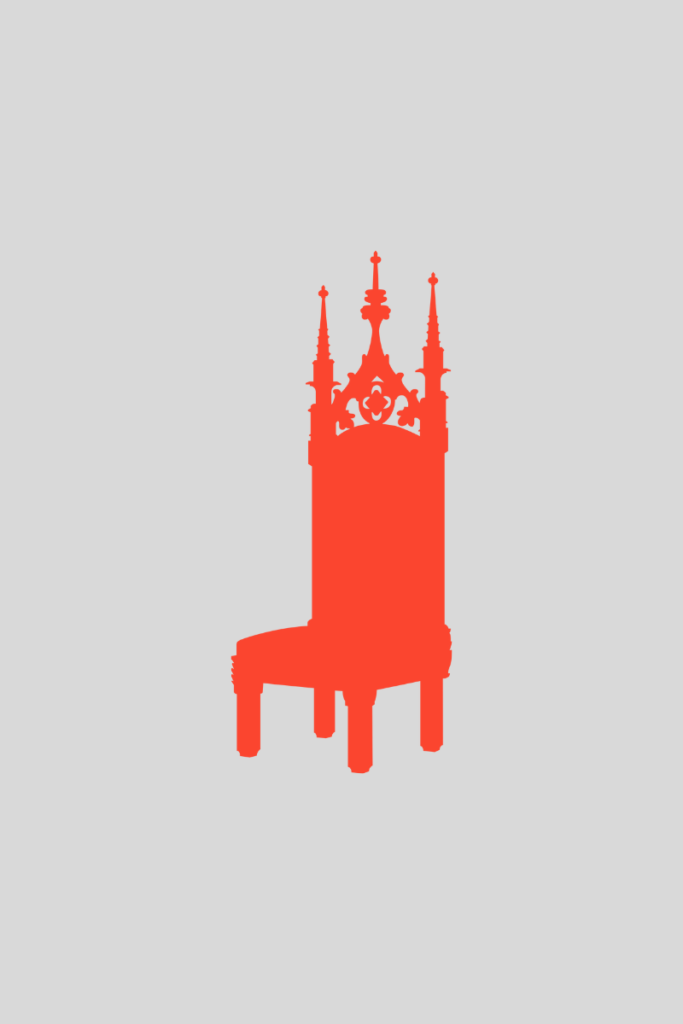
Impressed by his skills and talents, talented god was invited back to Mount Olympus. He became sought after among the gods for his artistry, intelligence, and the incredible weapons he crafted. Although initially shunned by others on Mount Olympus due to his appearance, he eventually became a sought-after god for his functional contributions. Not only did he create weapons for the gods, but he also contributed to the development of civilization on Earth, making him popular among mortals.
Marriage and Relationships of Hephaestus
Hephaestus and Aphrodite
Upon arriving at Mount Olympus, Hephaestus, like any god or mortal, was greatly influenced by the goddess Aphrodite. His marriage to the goddess of love and beauty, Aphrodite, was one of the most interesting marriages on Mount Olympus. Despite being the god of fire, iron, and craftsmanship, the marriage did not go smoothly for him.
Contrary to expectations, Hephaestus and Aphrodite’s union, although seemingly harmonious, was not peaceful or happy from his perspective.
They had no children from this marriage.
Aglaea
According to Hesiod, he had another marriage with Aglaea, the youngest of the Charites, daughters of Zeus and Eurynome.
Charis
In the Iliad, he is seen married to Charis when Thetis comes to him for a weapon for her son.
The God of Craftsmanship is one of the inhabitants of Mount Olympus and is among the 12 Olympian gods. It is said that he has a workshop in the depths of Mount Olympus where he can work comfortably and isolated from everyone.
Symbols: Fire, anvil, hammer, forge
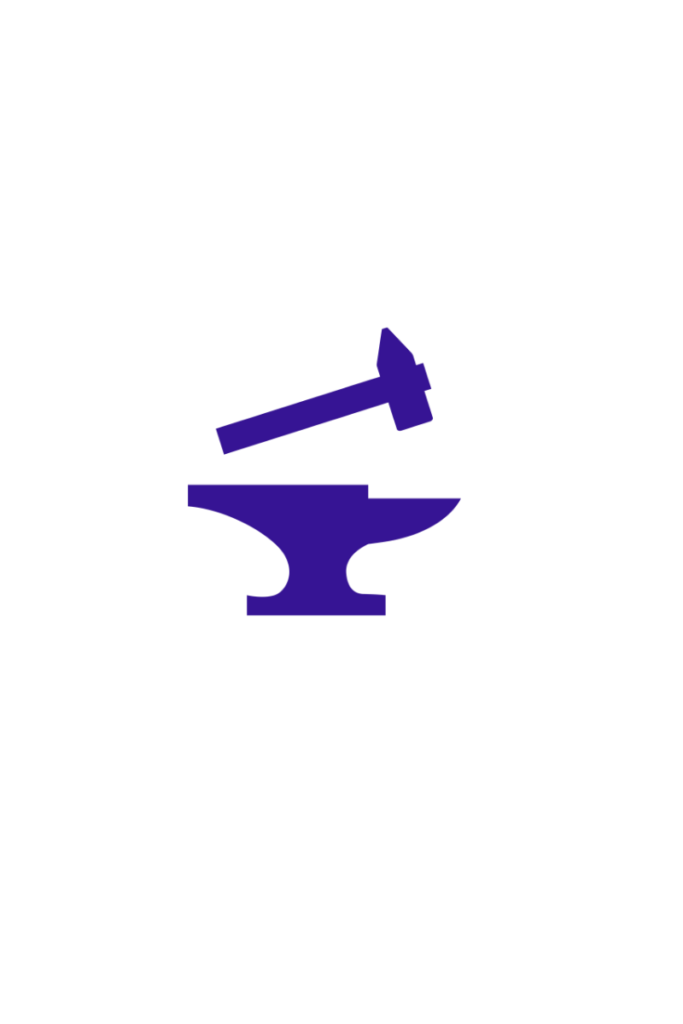
- Sources;
- Her Yönüyle Klasik Mitoloji – Dr Nancy Conner
- The Illiad / Homer
- Mitoloji Sözlüğü / Azra Erhat
